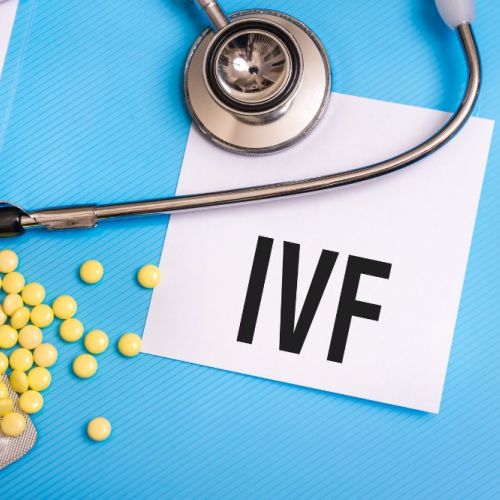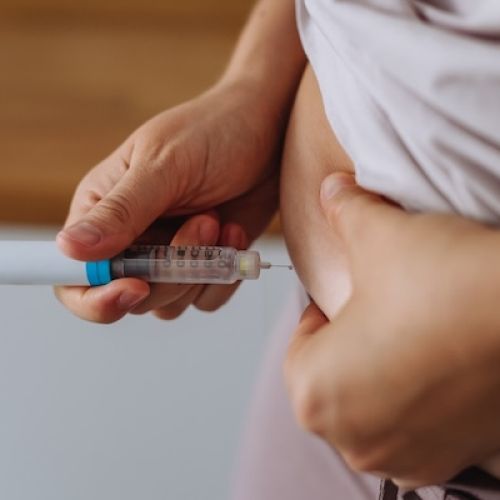What Vitamins Help Fertility?

The experts at the Center for Reproductive Health recommend taking a prenatal vitamin while you’re trying to get pregnant for your health and for your baby’s health if you do get pregnant. What vitamins help fertility? Prenatal vitamins contain important micronutrients that may improve your chance of conceiving, so taking a good prenatal vitamin is a good place to start. There are several individual vitamins that are known to be beneficial for fertility.
Folic Acid
It’s crucial for pregnant women to get enough folic acid because it helps reduce the risk of neural tube birth defects which are serious defects of a fetus’ brain and spine. Some research has determined that folic acid may improve the chance of a successful pregnancy if you’re pursuing pregnancy with assisted reproductive technology. Men may also benefit from taking multivitamins that contain folic acid. This nutrient can help to improve sperm quality in men. Take a supplement that contains at least 400 mcg of this important vitamin.
Vitamin D
Many adults have lower levels of vitamin D than they should, which can contribute to fertility problems in both men and women. Low levels of vitamin D increase the risk of miscarriage or complications during pregnancy and vitamin D levels also play a role in the success of in vitro fertilization.
As many as four out of every ten adults are deficient in this nutrient, and it’s important to have adequate levels of this vitamin if you’re trying to get pregnant. Sun exposure can help to increase vitamin D levels, but supplementation may also be recommended to ensure that levels of this vitamin are adequate.
Vitamin E
Vitamin E is a natural antioxidant that works to repair cells and help cancel out the effects of free radicals. Both men and women can benefit from taking this supplement, because taking vitamin E supplements can help to improve both egg quality and sperm quality. Vitamin E can help a fertilized egg stay attached to the uterine wall.
CoQ10
Coenzyme Q10, better known as CoQ10, is a powerful antioxidant. It’s found naturally in the body and it helps generate energy in cells. Levels of this substance decline with age, which may contribute to difficulty getting pregnant for women who are trying to conceive later in life. As levels of CoQ10 decline, the body is less efficient protecting eggs from oxidative damage. Taking CoQ10 supplements can help to improve egg quality and ovarian response, and it can also help improve sperm quality in men.
Omega 3 Fatty Acids
Omega 3 fatty acids found in fish oil are known to be beneficial for heart health, and this supplement can also reduce inflammation and boost hormone production. Fish oil can have a positive effect on the development of a baby when you’re pregnant, and it may also help increase egg quality. It can be difficult to get enough omega 3s from diet alone and supplementation may help improve fertility.




